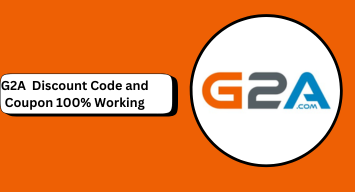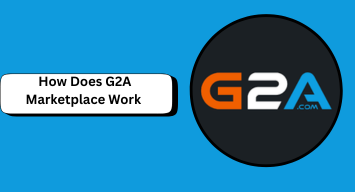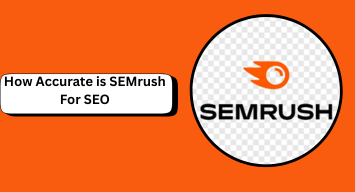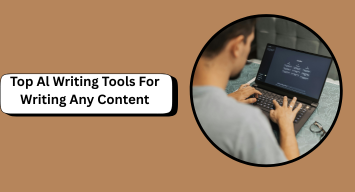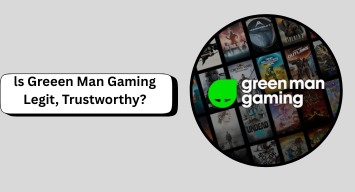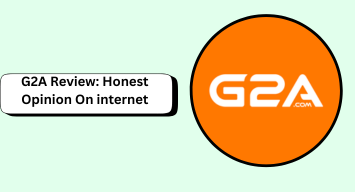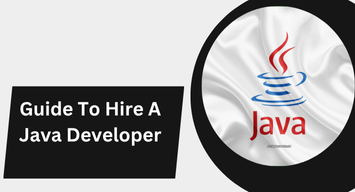G2A Coupon Code & Discount Code: Save on Game Keys
Saving money on digital games has never been easier, and a G2A coupon code is one of the best ways to cut the cost of your next purchase. Whether you’re looking for new releases, DLCs, software keys, or in-game items, G2A discount codes help you unlock extra savings on already low marketplace prices. With thousands of sellers competing, G2A often features exclusive deals, but using verified G2A promo codes can push your savings even further. In this guide, we’ll explore where to find valid coupons, how to apply them, and the best ways to maximize your gaming budget. Types of G2A Coupons and Discount Codes G2A offers a wide range of savings options, and knowing the difference between each G2A coupon or G2A discount code can help you get the best possible deal. From percentage-off offers to seller-specific promotions, G2A’s coupon system is designed to give gamers multiple ways to save. This section breaks down each type of G2A promo code, explains how they work, and shows you when to use them for maximum value, whether you’re buying a new release, indie title, or software key. 1. Percentage-Off Coupons (5%, 10%, 15% Off) One of the most popular savings options is the classic percentage-off G2A coupon code, usually offering 5%, 10%, or even 15% off your purchase. These flexible discounts apply to a wide range of products across the marketplace and are perfect for shaving down the final price of already discounted game keys. Whether you’re browsing new releases or stocking up during a sale, percentage-based G2A promo codes give you reliable, instant savings at checkout. Here’s what a percentage-off coupon code for G2A looks like. 2. Seller-Specific Promo Codes Some G2A sellers offer their own exclusive G2A discount codes, making it possible to cut additional costs on selected game keys. These seller-specific promo codes usually appear during competitive pricing periods or special promotions. If you’re comparing listings across multiple vendors, spotting a seller-exclusive G2A coupon can help you score the absolute lowest price. They’re especially useful for niche or hard-to-find game keys where competition is limited. 3. G2A Global Discount Codes vs. Regional Codes Not all coupons work everywhere some G2A promo codes are global, while others apply only in specific regions. Global codes are ideal for universal savings, regardless of where you’re shopping from. Regional G2A discount codes, however, often provide higher percentages but come with location-based restrictions. Understanding the difference ensures you use the right G2A coupon code without running into errors at checkout, especially if you’re shopping for region-locked game keys. 4. Seasonal Coupons (Black Friday, Cyber Monday, Winter Sale) Seasonal events offer some of the biggest savings of the year, and G2A frequently releases exclusive G2A coupon codes during Black Friday, Cyber Monday, Summer Sales, and Winter Holiday events. For example, G2A has created a dedicated web page for Black Friday and Cyber Monday deals. These limited-time discounts can stack on top of already-slashing marketplace prices, making them perfect for gamers looking to buy multiple titles at once. Seasonal G2A promo codes tend to be higher in value, so keeping an eye out during major sale periods can lead to massive savings. 5. First-Time Buyer Codes If you’re new to the platform, a first-time buyer G2A coupon code is one of the easiest ways to enjoy instant savings. These special offers are designed to welcome new customers with a percentage-off discount on their very first purchase. First-time G2A discount codes typically apply to most game categories and require minimal effort just create an account, apply the promo at checkout, and save. It’s an ideal option if you’re exploring G2A for the first time. 6. Email Subscriber Exclusive Codes Joining the G2A newsletter often unlocks exclusive G2A promo codes available only to email subscribers. These private offers may include higher discount percentages, early access to sale coupons, or limited-time deals that don’t appear publicly on the site. Currently, G2A is offering a direct 11% off if you join their newsletter and accept the terms and conditions. If you’re a frequent buyer, signing up ensures you never miss a G2A discount code that could lower your next purchase. It’s one of the easiest ways to stay updated on fresh savings opportunities. 7. Affiliate & Influencer Promo Codes Many creators, streamers, and gaming websites share unique G2A coupon codes as part of influencer or affiliate partnerships. These promo codes are often tied to special collaborations and can provide additional discounts on selected products or even sitewide. Following influencers you trust can help you discover G2A promo codes that aren’t widely advertised. They’re especially useful during major game launches or industry events where special promotions are more common. Where to Find Valid G2A Coupons? Finding valid G2A coupons can be tricky, as many promo sites list outdated or inactive codes. The best approach is to rely on trusted, regularly updated sources. 1. G2A’s Official Website and Promo Page The most reliable place to find active G2A discount codes is directly on G2A’s official website. Their dedicated promo page highlights ongoing sales, seasonal deals, and exclusive G2A coupon codes that are guaranteed to work. Since these promotions come directly from the platform, there’s no risk of encountering expired or invalid offers. The promo page also includes information about limited-time flash deals, discounts for popular game releases, and special bundles. Checking this page regularly can help you catch new offers before they expire. For anyone who prefers authenticated and verified deals, the official G2A promo page remains the safest and most consistent resource for savings. 2. Email Newsletter & Member-Only Deals Subscribing to the G2A email newsletter is an excellent way to access exclusive G2A promo codes that aren’t shared publicly. Newsletter subscribers often receive early access to major sales, first-time buyer discounts, and private G2A coupon codes designed to reward loyal customers. These emails may also include reminders about upcoming events like Black Friday or Cyber Monday, where the highest-value codes are typically released. Member-only deals sometimes offer bonus … Read more

